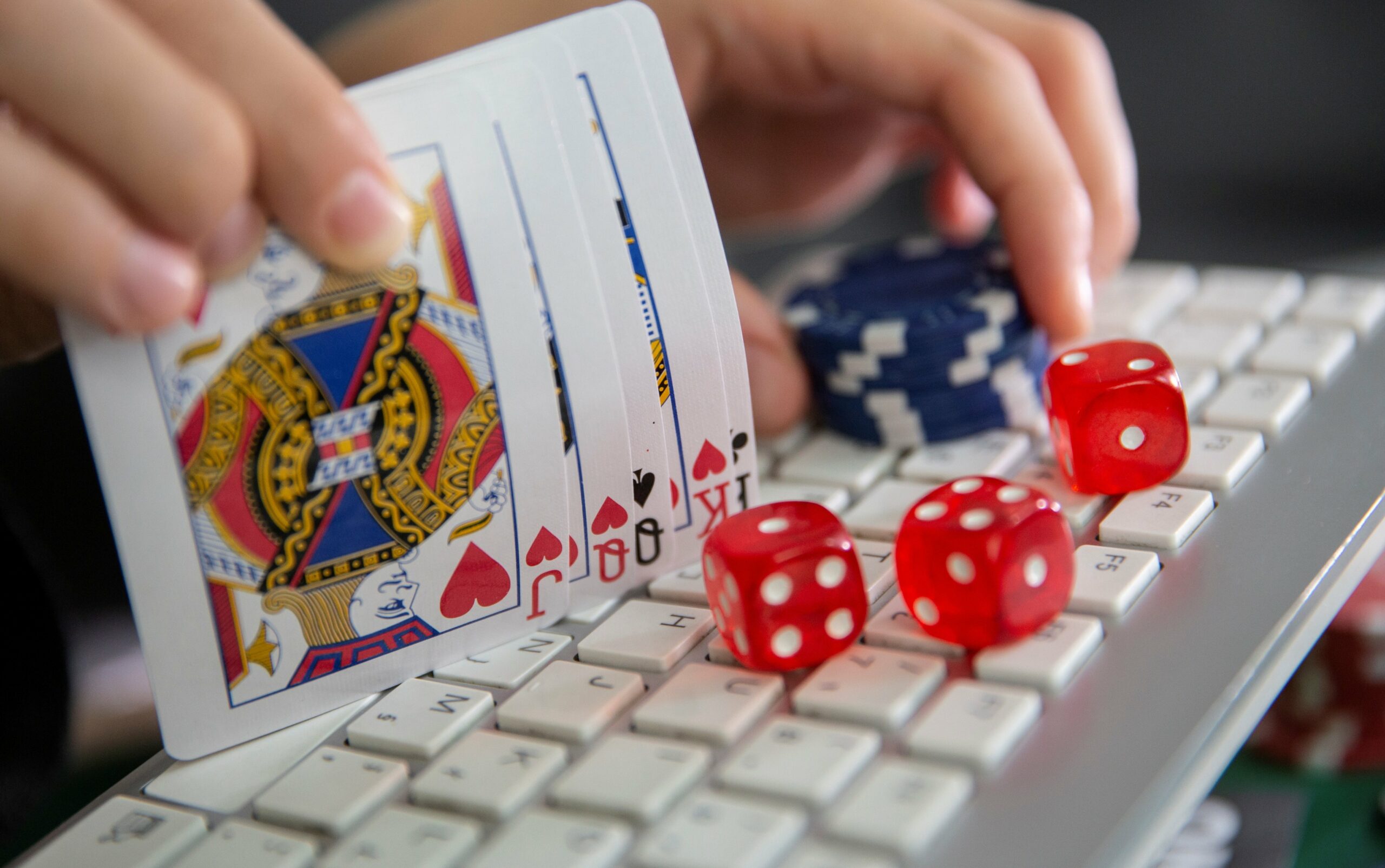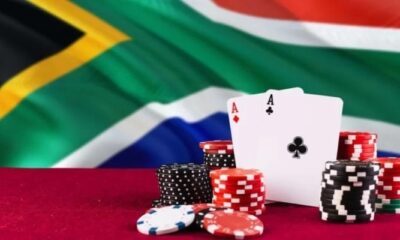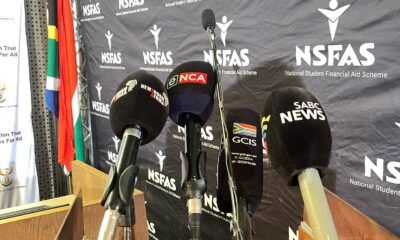News
Betting on Hope: How Online Gambling Is Trapping South Africa’s Youth in Debt and Despair

Betting on Hope: How Online Gambling Is Trapping South Africa’s Youth in Debt and Despair
At 7:30 on a Tuesday morning in Durban, while the city’s professionals were navigating rush-hour traffic, a young man sat silently at a roulette table. His gaze fixed on the spinning wheel, he muttered that he wasn’t addicted, just “trying his luck.”
He owns a small transport business and has a diploma to his name. Yet, almost every day, he gambles R300. “A few years back, I used to win. Now it’s just loss after loss. Everyone’s gambling now, it’s harder to make money,” he said.
He’s not alone. Across South Africa, thousands of young people, educated, connected, and often unemployed are turning to online betting as both escape and income.
When NSFAS Becomes Casino Money
In recent months, reports have emerged of students using their National Student Financial Aid Scheme (NSFAS) allowances to gamble. ActionSA MP Malebo Kobe called it a “heartbreaking reflection” of government failure and youth despair.
“Instead of opportunities for growth, our young people are wagering their futures for fleeting hope,” she said, warning that a perfect storm of unemployment, online access, and targeted advertising is pushing youth deeper into risk.
GeoPoll’s April 2025 study found that 83% of South Africans have placed a bet, the highest rate in Africa. Meanwhile, the South African Responsible Gambling Foundation (SARGF) reported a 55% spike in addiction-related calls last year alone.
From TikTok to the Casino Floor
Gambling no longer hides behind casino doors. It’s on TikTok, Instagram, and YouTube, where influencers glamorize betting as part of a “soft life.”
When football icons like Siphiwe Tshabalala and Herschelle Gibbs became betting brand ambassadors, the message was clear: gambling isn’t taboo anymore, it’s trendy, aspirational, and “fun.”
But for young fans, the line between entertainment and exploitation is dangerously blurred. What begins as a harmless R20 bet can spiral into credit card debt and mental distress.
Inequality and the ‘Silent Tax on the Poor’
Activist Irfaan Mangera believes South Africa’s gambling boom mirrors its inequality crisis. “This isn’t growth, it’s grief,” he said. “The billions made in gambling aren’t creating wealth; they’re redistributing poverty.”
For many, especially women, gambling is not about greed but survival. “Mothers gamble to feed their kids or escape economic stress,” Mangera explained. “Hope itself has been commercialised, sold through flashy adverts promising quick fixes.”
He calls gambling “a silent tax on the poor,” arguing that the state’s reliance on gambling revenue is a moral failure. “If the government profits from people’s despair, then we’ve mistaken governance for profiteering.”
The Road to Recovery
This November, industry leaders and policymakers will meet at the Responsible Gambling Summit 2025 at Emperors Palace, Kempton Park, to discuss solutions.
Lungile Dukwana, acting CEO of the National Gambling Board, said the goal is balance: “Gambling does create jobs and revenue, but not at the expense of wellbeing. We must address addiction as both a mental health and financial challenge.”
Experts agree that South Africa needs tighter advertising laws, digital safeguards, and real support systems especially for students. Because behind every betting slip lies a story of hope, heartbreak, and a system that left many feeling like the odds were never in their favor.
If you or someone you know is struggling with gambling addiction:
Call the South African Responsible Gambling Foundation’s toll-free helpline at 0800 006 008
WhatsApp/SMS “HELP” to 076 675 0710
Email [email protected]
{Source: IOL}
Follow Joburg ETC on Facebook, Twitter , TikTok and Instagram
For more News in Johannesburg, visit joburgetc.com



























